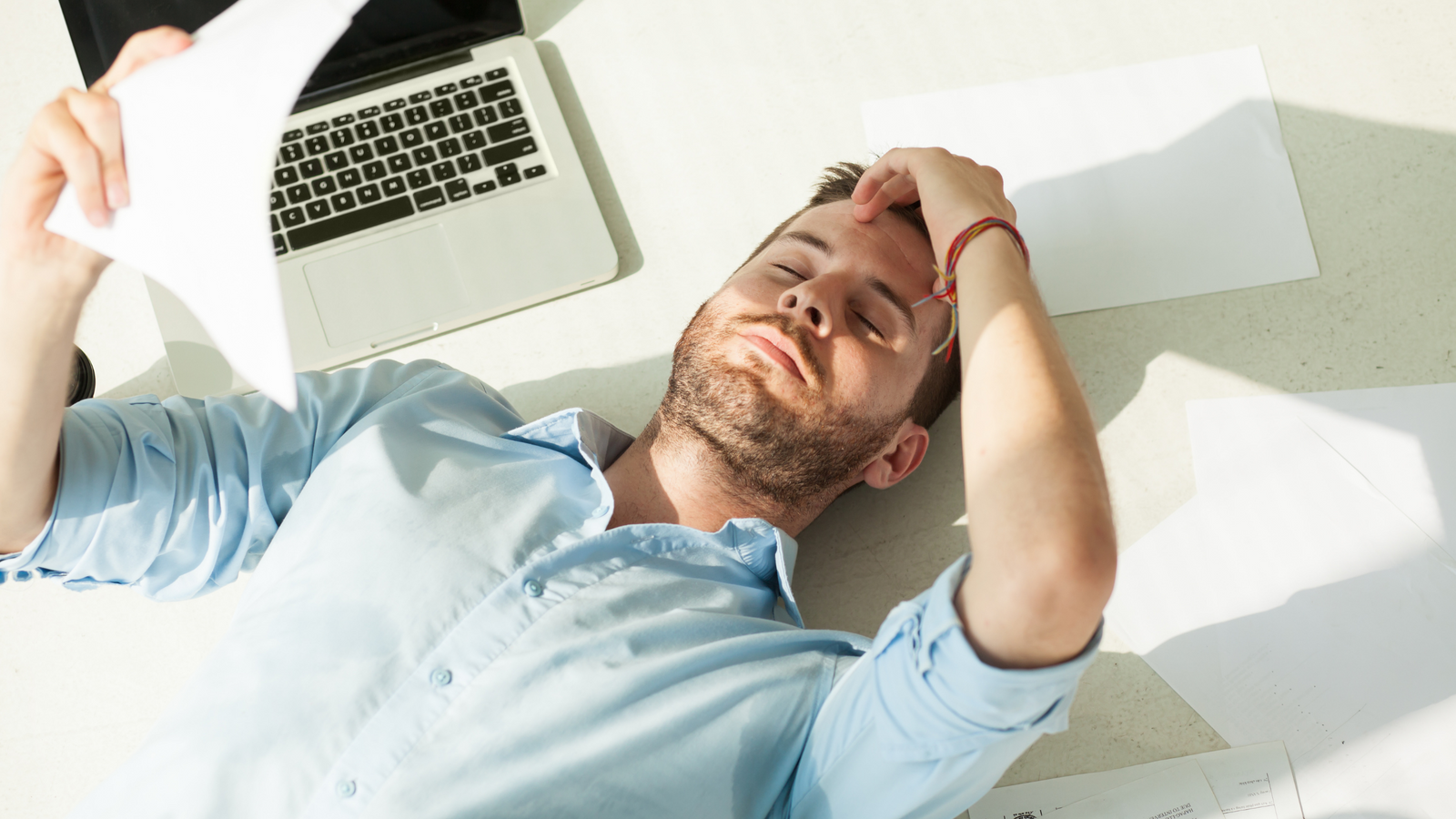Vitamin D, also known as the sunshine vitamin, is an essential part of healthy living. Your body relies on it to fight sickness, strengthen your bones and even fend off depression. The human body produces vitamin D from cholesterol when sunlight reaches the skin, so you'd think everyone has their fair share of vitamin D. This is not true for most people.
If you struggle to get enough vitamin D, your quality of life could decrease. At ZYN, we're here to tell you that an improved lifestyle could be right around the corner. Discover how getting the right amount of vitamin D has the potential to change your life in a positive way.
What Are the Symptoms of Vitamin D Deficiency?
Here are some of the effects you could experience from a lack of vitamin D:
- You get sick often: One of vitamin D's most important functions is keeping your immune system strong. Vitamin D interacts with your body's infection-fighting cells, helping you fight off bacteria and viruses. The right amount of vitamin D can even help your body fight respiratory tract infections. A lack of it can result in more frequent illnesses.
- You feel fatigued on a regular basis: A lack of vitamin D can contribute to a feeling of tiredness in your daily life. One study showed that an increase in vitamin D helped a woman overcome extreme fatigue. Other studies have also pointed to this relationship between vitamin D and feeling more awake.
- You have bone and back pain:Vitamin D aids in your body's absorption of calcium. That's why many milk brands fortify their milk products with it. A lack of vitamin D in your body can lead to inadequate calcium levels, causing your bones and back to ache as your deficiency worsens.
- You're experiencing depression:Studies have shown a possible link between depression and a vitamin D deficiency. Some subjects experienced improved moods after increasing their vitamin D intake. Although scientists have yet to reach a consensus on the matter, the success stories of vitamin D helping depression speak for themselves.
- You have increased hair loss: Stress is a leading cause of hair loss in people around the world. But some studies have observed a link between hair loss in females and a lack of vitamin D. One case study revealed that an increase in vitamin D was able to reduce hair loss in a young boy with a vitamin D receptor defect.
- You have muscle pain:It's difficult to find an exact cause for all forms of muscle pain, but one study found that 71% of people with consistent muscle pain were vitamin D deficient. Some scientific studies have even found an increase in vitamin D can help reduce some forms of muscle pain.
What Causes Vitamin D Deficiency?

Some people are more at risk of being vitamin D deficient based on various factors. Here are some of the possible reasons you may be getting too little vitamin D:
- Your daily diet lacks vitamin D:Food and drink are some of the best sources of vitamin D. If your diet lacks foods rich in vitamin D, you may suffer from a deficiency.
- You have limited sunlight exposure:The sun is the best natural source of vitamin D. Spending time outdoors with some skin showing is one of the best and easiest ways to get vitamin D that your body can put to work right away. Take advantage of nicer weather and expose yourself to some sunlight when you can. Eat more food rich in vitamin D when going outside is less of an option, like in the winter.
- You have dark skin:Your skin's melanin pigment affects your skin tone. Darker skin can reduce your ability to make vitamin D from the sun, which can lead to a deficiency.
- Your kidneys can no longer convert vitamin D for bodily use:As you age, your body has a harder time making and absorbing vitamin D. This is especially true in your kidneys, where vitamin D conversion occurs.
- Your digestive tract is unable to absorb vitamin D:Certain medical problems like Crohn's disease and cystic fibrosis can reduce your body's ability to absorb vitamin D from food during digestion.
- Your body mass index (BMI) is high:Fat cells in the body extract vitamin D from the blood. This can cause people with obesity to have lower levels of vitamin D.
Can You Have Too Much Vitamin D?
Like most things in life, moderation is the key to success with vitamin D. You need plenty of vitamin D for a healthy lifestyle. But an extreme amount of vitamin D can have some adverse effects. This is vitamin D toxicity, and it can have the following side effects:
- Excessive thirst
- Calcium buildup in the blood, known as hypercalcemia
- Nausea
- Altered levels of consciousness
- High blood pressure
- Kidney failure
You'd have to take a lot of vitamin D to reach unsafe levels, but it is possible. Make sure you talk to your doctor about your vitamin D intake so you can stay at a level that is appropriate for your needs.
Where to Naturally Get Vitamin D
If you're vitamin D deficient, you'll need to boost your intake. There are three ways you can get vitamin D without having to take a trip to the local drug store:
- Enjoy the sunlight:Getting outside and soaking up the sun's rays is a great way to get more vitamin D. Your body converts cholesterol to vitamin D via sunlight exposure, so it's a natural way to increase your intake.
- Eat more foods rich in vitamin D:Oily fish, red meat, liver, egg yolks and fortified foods are all good sources of vitamin D. Add these foods to your diet to enjoy the benefits of a healthier level of vitamin D in your system.
- Drink ZYN Daily Wellness Drink Mix:ZYN drink mix contain 100% of the recommended daily value of vitamin D. Drinking this beverage can jump-start your mission to get more vitamin D. And it tastes great, too!
Shop for ZYN drinks online. Be sure to stay up-to-date with our blog to learn more about the powers of natural healing and holistic ingredients.






